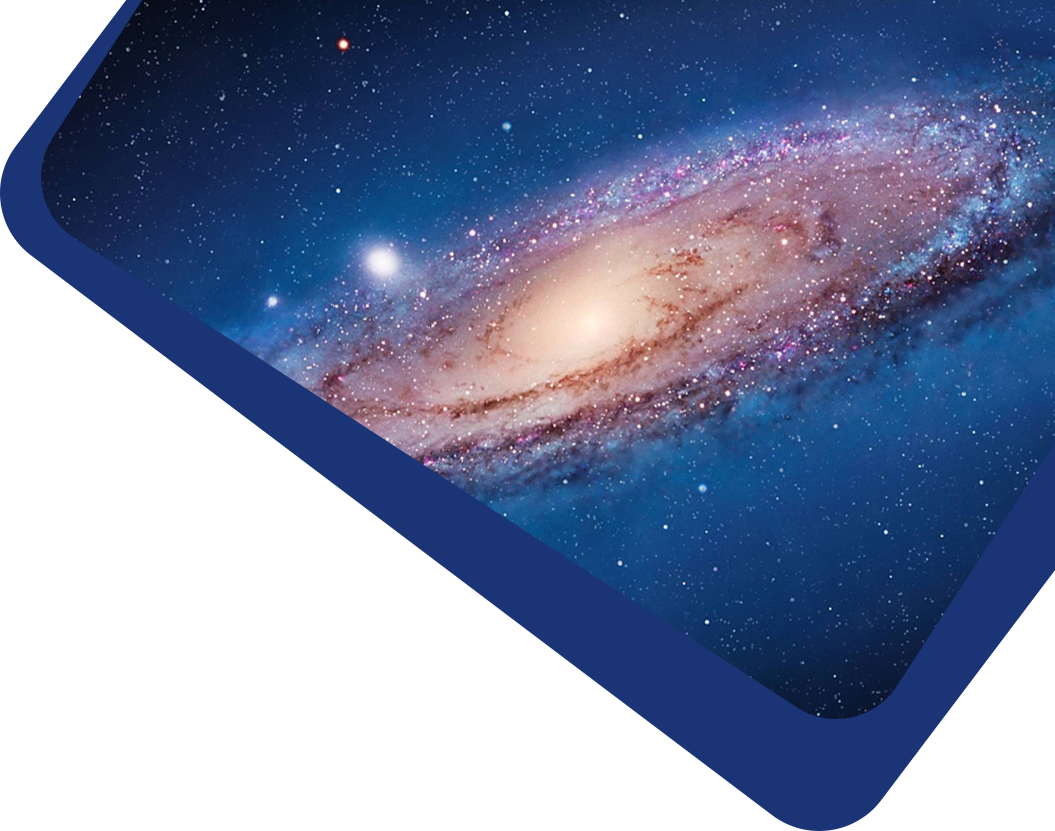

Abstract PLS (Partial Least Squares regression) is introduced into an automatic estimation of fundamental stellar spectral parameters. It extracts the most correlative spectral component to the parameters (Teff , log g and [Fe/H]), and sets up a linear regression function from spectra to the corresponding parameters. Considering the properties of stellar spectra and the PLS algorithm, we present a piecewise PLS regression method for estimation of stellar parameters, which is composed of one PLS model for Teff , and seven PLS models for log g and [Fe/H] estimation. Its performance is investigated by large experiments on flux calibrated spectra and continuum normalized spectra at different signal-to-noise ratios (SNRs) and resolutions. The results show that the piecewise PLS method is robust for spectra at the medium resolution of 0.23 nm. For low resolution 0.5 nm and 1 nm spectra, it achieves competitive results at higher SNR. Experiments using ELODIE spectra of 0.23 nm resolution illustrate that our piecewise PLS models trained with MILES spectra are efficient for O ~ G stars: for flux calibrated spectra, the systematic offsets are 3.8%, 0.14 dex, and –0.09 dex for Teff , log g and [Fe/H], with error scatters of 5.2%, 0.44 dex and 0.38 dex, respectively; for continuum normalized spectra, the systematic offsets are 3.8%, 0.12 dex, and –0.13 dex for Teff , log g and [Fe/H], with error scatters of 5.2%, 0.49 dex and 0.41 dex, respectively. The PLS method is rapid, easy to use and does not rely as strongly on the tightness of a parameter grid of templates to reach high precision as Artificial Neural Networks or minimum distance methods do.
Keywords methods: data analysis—methods: statistical— stars: fundamental parameters (classification, temperatures, metallicity) — techniques: spectroscopic — surveys
It accepts original submissions from all over the world and is internationally published and distributed by IOP